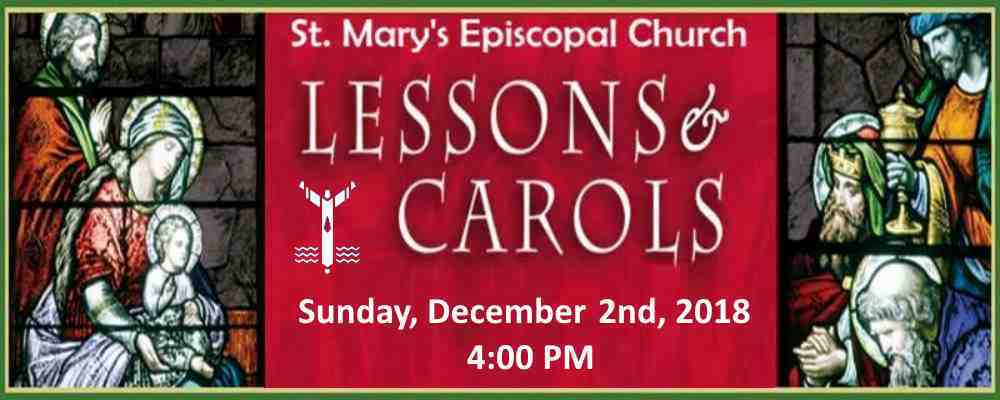The Gospel for Wednesday in Holy Week is John 13:21-32.
After saying this Jesus was troubled in spirit, and declared, “Very truly, I tell you, one of you will betray me.” The disciples looked at one another, uncertain of whom he was speaking. One of his disciples—the one whom Jesus loved—was reclining next to him; Simon Peter therefore motioned to him to ask Jesus of whom he was speaking. So while reclining next to Jesus, he asked him, “Lord, who is it?” Jesus answered, “It is the one to whom I give this piece of bread when I have dipped it in the dish.” So when he had dipped the piece of bread, he gave it to Judas son of Simon Iscariot. After he received the piece of bread, Satan entered into him. Jesus said to him, “Do quickly what you are going to do.” Now no one at the table knew why he said this to him. Some thought that, because Judas had the common purse, Jesus was telling him, “Buy what we need for the festival”; or, that he should give something to the poor. So, after receiving the piece of bread, he immediately went out. And it was night.
When he had gone out, Jesus said, “Now the Son of Man has been glorified, and God has been glorified in him. If God has been glorified in him, God will also glorify him in himself and will glorify him at once.
* * * * * * * *
St. John tells us elsewhere that God sent the Son into the world not to condemn the world but that the world might be saved through him. In today’s Gospel we see the Saviour striving for Judas.
He knew that Judas was betraying him. The deal with the Chief Priests had already been made. Jesus could have denounced Judas, thrown him out or had Peter kill him. Instead, he appeals to him in every way he can.
We don’t fully know Judas’ motivation for betraying Jesus. Perhaps he was simply greedy as St. John suggests. I guess we know what it is like to put our own self-interest ahead of our loyalty to Christ. Some people suggest that Judas was disillusioned with Jesus when he refused to become a military leader. That, too, echoes in us when we try to make Christ be the way we want him instead of allowing him to make us the way he wants us.
Whatever the reason, Judas is at the table intent on treachery. Jesus appeals to him in word, as he does to us through scripture; by offering him choice food as a gesture of friendship, as he does for us in Holy Communion. In the end he does him the ultimate honor of letting him freely choose, at horrifying cost.
As we contemplate this exchange today let us consider ourselves from two points of view.
As we sit in Judas’ place, how are we betraying Jesus and how is he appealing to us to change our minds and return to him?
And as members of Christ, how are we treating those who seem to be our enemies? How are we appealing o them with generosity, with love, allowing them to choose as they decide to choose?
May the Lord forgive us and restore us by his sacrifice and may he increase our love so that we may deal with others as he deals with us.







Leave A Comment